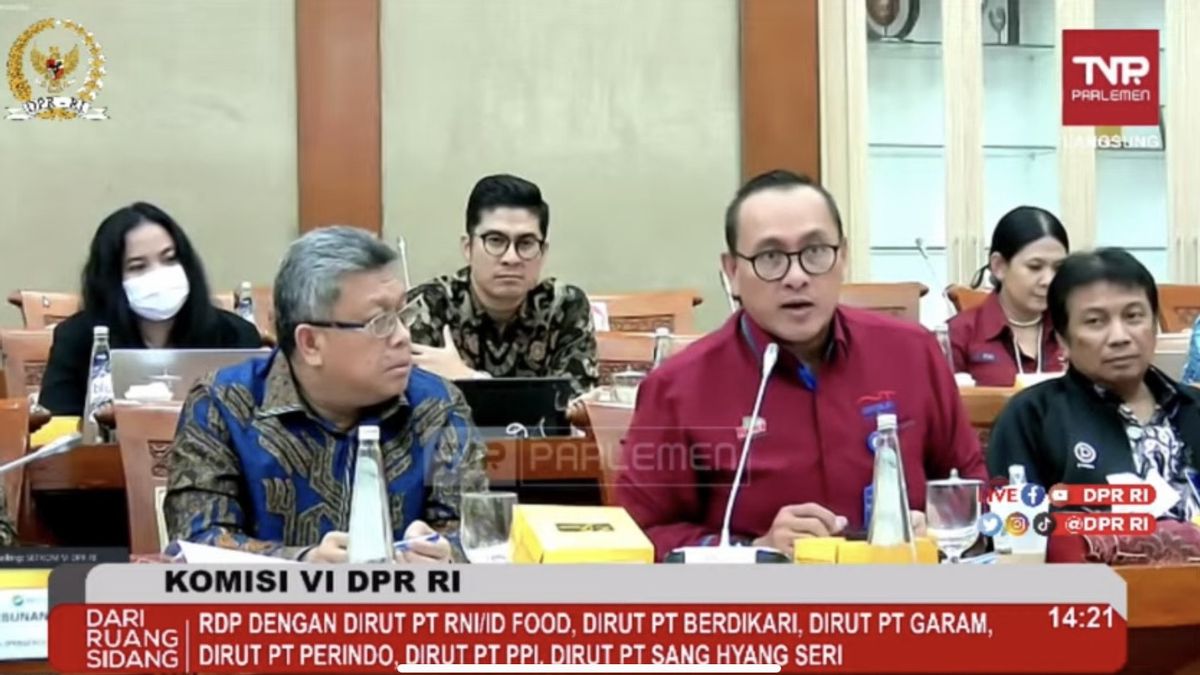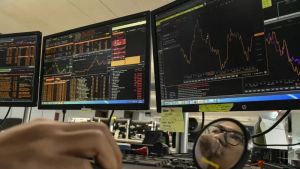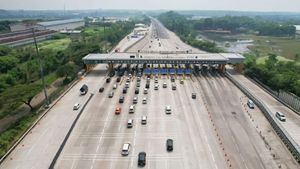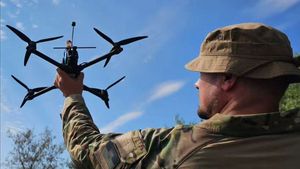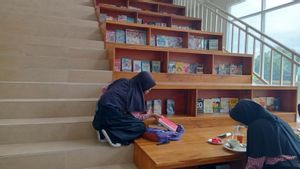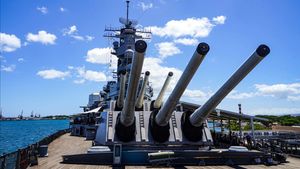JAKARTA - Commission VI of the DPR suggested that PT Berdikari (Persero) build a cattle slaughterhouse in East Nusa Tenggara (NTT).
This is to meet national meat needs apart from imports.
Deputy Chairman of Commission VI Aria Bima suggested that food SOEs, in this case PT Berdikari (Persero), can take advantage of domestic cattle production. Considering that NTT is a cow-producing area.
"Just that input, why doesn't Berdikari make cuts in NTT, where there are lots of cows, continue to be sold?" Aria asked, in a Commission IV meeting with the Food SOE Holding, Tuesday, January 24.
Responding to this, President Director of PT Berdikari Harry Warganegara said the price of local cattle was still much more expensive than imported cattle. This is the reason Berdikari has not built a beef house in the NTT region.
The price has not been able to match the price of buffalo from India, the same as cattle from Brazil. In India, cows cannot be cut, but if buffalo are allowed and these buffalo are rich in pests there, so in the end, because they don't eat, they can cut and be cheap," said Harry.
Harry said the price difference could be up to 50 percent compared to the price of a national cow per kilogram (kg).
"Landed costs it can be half of the price of our cattle here per kilo," he said.
Currently, said Harry, the people of Indonesia have used buffalo meat a lot.
In fact, he continued, several five-star hotels also use buffalo meat for processed dishes such as senmur and rendang.
"And indeed this buffalo ran to manufacturing for sausage processing, meatballs and others. Even now it has entered the consumption of five-star hotels, already using buffalo," he said.
Harry admitted that for a long time the price of beef in the country has not been able to match the basic price of imported meat.
"Until whenever maybe it will take us quite a while to fight the basic prices that are there," he said.
For your information, national beef consumption alone reaches 700,000 tons per year. Meanwhile, the national population can only cover 400,000 tons.
"This is also 60 percent of feeder cows that are fat from Australi, so far they are called local cows," he said.
Furthermore, Harry said, the remaining 300,000 tons were met from imports. Where 100,000 tons of buffalo are assigned to Bulog.
Then, 20,000 Brazilian cows were assigned to Berdikari and 180,000 from Australi frozen meat.
"United can be an additional 20,000 tons, because it will be added at the end of the year, we can only be around 2,300 to a total of 22,300 tons," he said.
The English, Chinese, Japanese, Arabic, and French versions are automatically generated by the AI. So there may still be inaccuracies in translating, please always see Indonesian as our main language. (system supported by DigitalSiber.id)
